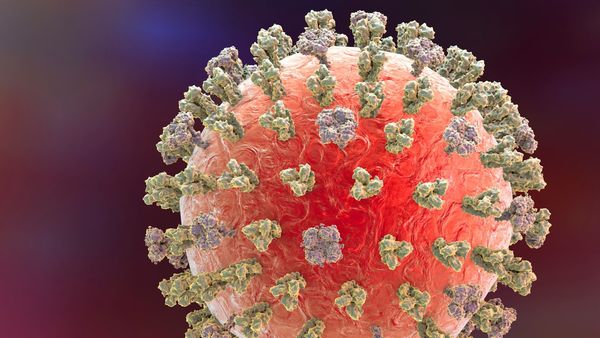Starbucks (SBUX) said Monday that it will permanently exit its operations in Russia after more than fifteen years as the country's war on Ukraine continues to lead and exodus of major U.S. corporations from the former Soviet Union.
Starbucks said it will no longer have a brand presence in Russia, where it has around 130 locations and employees around 2,000 people through a so-called 'Green Apron' partnership with the Russia-based Alshaya Group.
Starbucks had paused operations in Russia in March, with then CEO Kevin Johnson vowing to "make decisions that are true to our mission and values and communicate with transparency" on its future operations. Johnson was replaced by Howard Schultz shortly after as he returned to the group on an interim basis -- essentially without pay -- following Johnson's transition to what the group is calling a "special consultant" to the company and its board of directors.
As we mentioned on March 8, we have suspended all business activity in Russia, including shipment of all Starbucks products," Starbucks said in a statement emailed to TheStreet. "Starbucks has made the decision to exit and no longer have a brand presence in the market. We will continue to support the nearly 2,000 green apron partners in Russia, including pay for six months and assistance for partners to transition to new opportunities outside of Starbucks."
Starbucks shares were marked 0.7% higher in mid-day trading Monday following news of its departure to indicate an opening bell price of $73.95 each.
Last week, McDonald's Corp. MCD ended more than three decades of operations in Russia as a result of the humanitarian crisis linked to the ongoing assault of Ukraine.
The world's largest restaurant chain will take a non-cash hit of around $1.3 billion linked to the sale, the company said.
"We have a commitment to our global community and must remain steadfast in our values," said CEO Chris Kempczinski. "And our commitment to our values means that we can no longer keep the Arches shining there."
Last month, Schultz said he was suspending Starbucks' share buyback program, arguing that cash spent on buybacks would be better directed towards "investing more into our people and our stores", adding it is the "only way to create long-term value for all stakeholders."
The move could be a response to recent efforts by Starbucks employees to unionize, following successful votes in 10 U.S. locations and petitions for ballots in at least 170 others.
Starbucks lowered its 2022 profit guidance last month, and said it would begin hiking prices across its food and beverage menu, amid the ongoing hit to input costs from supply chain disruptions and slowing sales in China.
The group posted weaker-than-expected earnings of 72 cents per share, missing Street forecasts by 8 cents, even as sales rose 19% to $8.1 billion.
Sales in China, however, its most important market outside of the United States, fell 14% on a like-for-like basis amid Covid-linked disruptions in the world's second-largest economy.







